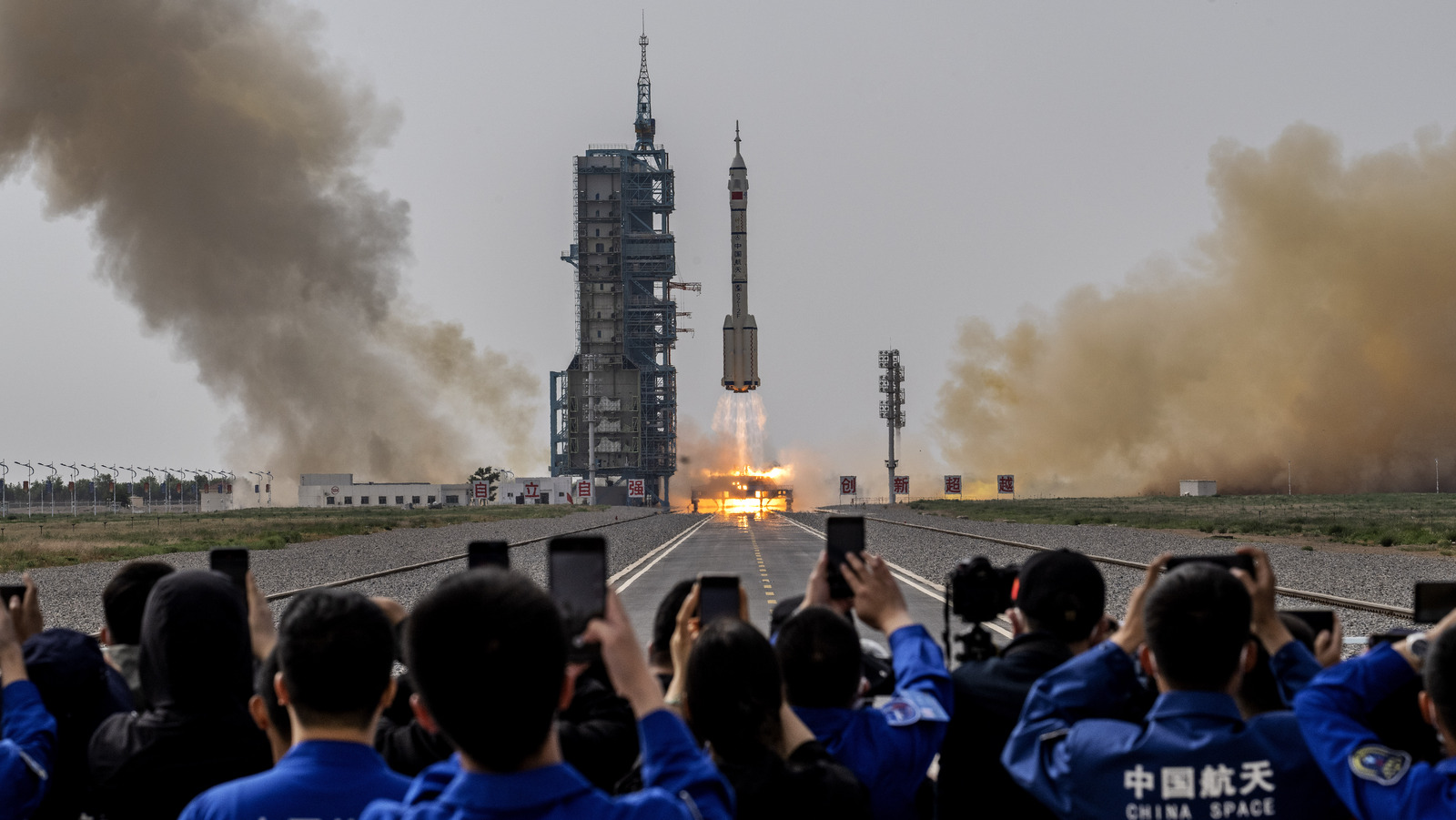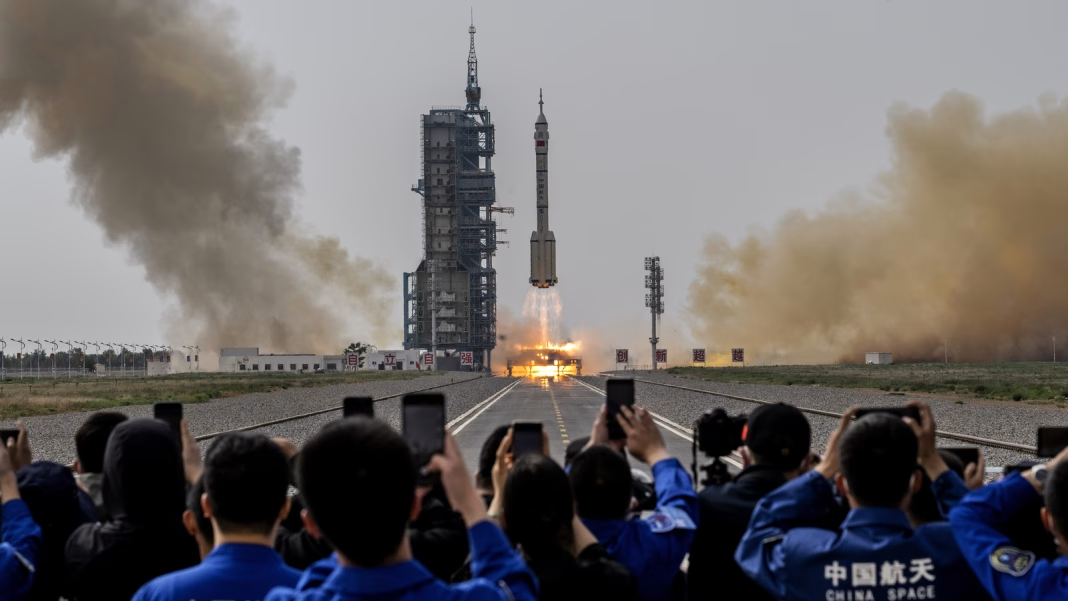A high-ranking official from the China National Space Administration (CNSA) recently voiced strong criticism against the United States, alleging that it has been actively undermining China’s efforts to garner international support for its ambitious moon base project. This accusation highlights the growing tensions in global space exploration, where nations are not just competing for technological supremacy but also for alliances that could shape the future of lunar exploration.
What’s Behind the Tensions?
The CNSA claims that the U.S. has been pressuring other countries to steer clear of collaborations with China regarding its moon base initiative. This assertion raises questions about the geopolitical dynamics at play in space exploration. As countries like China and the U.S. ramp up their lunar ambitions, the competition for partnerships becomes increasingly fierce. The moon, often referred to as the next frontier, is seen as a potential hub for scientific research, resource extraction, and even tourism.
China’s moon base project is not just a scientific endeavor; it’s also a strategic move to establish a foothold in space. The CNSA envisions a sustainable human presence on the moon by the 2030s, which could serve as a launchpad for deeper space exploration, including missions to Mars. However, the U.S. has been vocal about its concerns regarding China’s growing influence in space, viewing it as a challenge to its own leadership in the field.
The Impact of U.S. Interference
If the U.S. is indeed blocking other nations from collaborating with China, it could have significant implications for international space cooperation. The space race is no longer just about who can land on the moon first; it’s about who can build lasting partnerships that foster innovation and exploration. Countries like India, Russia, and various European nations are also eyeing opportunities in lunar exploration. If they feel pressured to choose sides, it could lead to a fragmented international space community.
Moreover, the U.S. has its own moon base plans, under the Artemis program, which aims to return humans to the moon and establish a sustainable presence there. This initiative is framed as a collaborative effort, inviting international partners to join. However, if the U.S. is perceived as using its influence to isolate China, it could backfire, pushing countries to seek closer ties with Beijing instead.
What’s Next for Global Space Exploration?
As the competition heats up, the question remains: how will nations navigate these complex relationships? The future of space exploration may hinge on diplomacy as much as it does on technology. Countries could benefit from finding common ground, focusing on shared goals like scientific discovery and planetary protection rather than letting geopolitical tensions dictate their collaborations.
For instance, joint missions to the moon or Mars could be a way to foster cooperation. Imagine a scenario where astronauts from different countries work side by side, sharing knowledge and resources. This could not only advance scientific understanding but also help build trust among nations.
The big takeaway? The race to the moon isn’t just about technology or prestige—it’s about building a collaborative future in space. Countries need to focus on partnerships that transcend political boundaries. Start with one small collaborative effort, and who knows? It might just pave the way for a new era of exploration.


